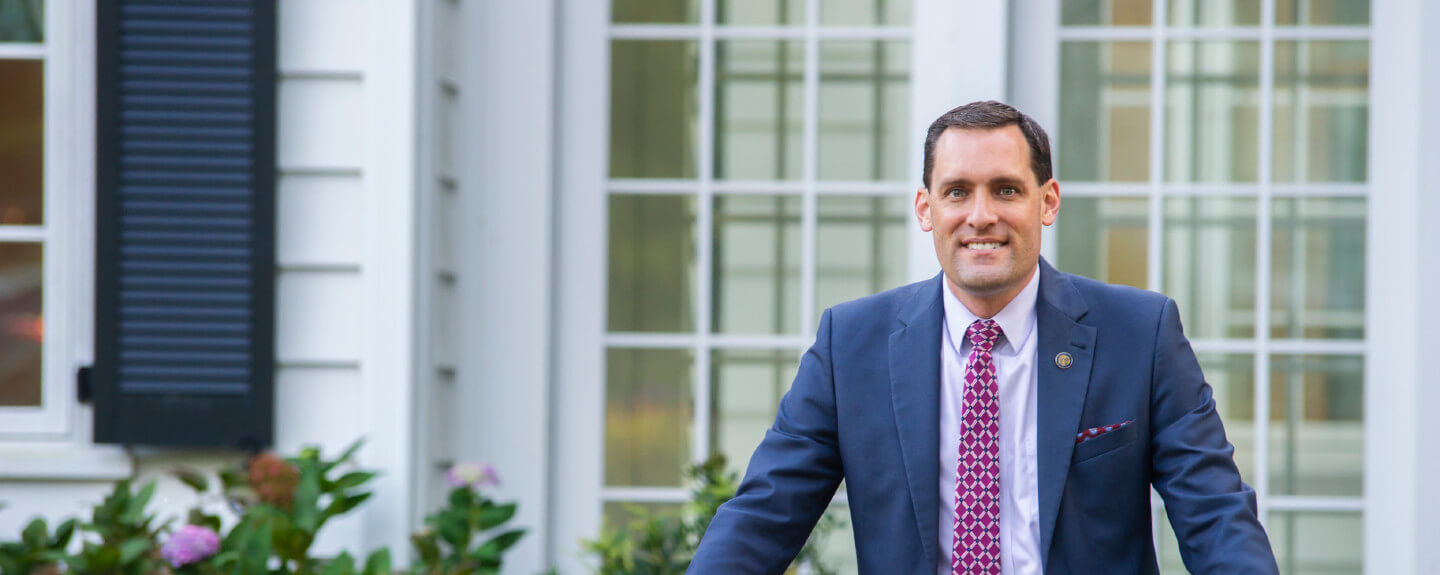An Ambitious Budget for North Carolina
Governor Cooper has a very ambitious budget proposal for North Carolina. Our people have tremendous needs, but our state has full coffers and we need ambitious investment for the future.
We have not had an enacted budget in North Carolina for the last two years, because we had a budget stalemate after the governor vetoed the legislative budget. Instead, we’ve been operating on a continuation budget. After this pandemic year, there is broad agreement that we need to get a budget. No one—not the Democratic legislators, nor the Republicans, nor the governor, wants to go without a budget again.
The governor’s proposed budget starts the negotiations for the type of budget we’re going to have going forward. Governor Cooper has made clear that it has to be better than the 2019 proposed budget on provisions for education, healthcare, the environment, jobs, and pandemic recovery. But he also wants to work for a deal, which I think all legislators want to work for.
North Carolina has almost $5 billion in unappropriated cash in our coffers. And we have a projected revenue surplus of about $4 billion for the next two years. Therefore, the Governor is able to propose an ambitious budget while still adding $1 billion to our Rainy Day Fund, without raising taxes, and even including a couple of targeted tax cuts.
The budget is so big and ambitious that I can only hit the high points here.
Educator and State Employee compensation
- K-12 teachers receive 10% raises over the biennium. Other school employees get a 7.5% raise.
- All non-certified school personnel are guaranteed a minimum of $15/hour.
- All public school employees would get a $2000 bonus for this year, and $1000 bonus each of the next two years, for a total of $4000.
- UNC and NCCCS employees get a 7.5% raise.
- State employees get a 5% raise, on top of the 5% they got over the last two years.
- Retirees get a 2% Cost of Living Adjustment and a 2% bonus
Investing in our Schools
- $1.5B over two years to address the Leandro court decision
- $300M for the Disadvantaged Students Fund
- $25M to provide comprehensive support to low-performing schools
- $140M for strengthening and diversifying the educator workforce, including adding more teachers’ assistants in elementary school
- $130M for nurses, counselors, psychologists and social workers
- $200M for early education, to increase access and to increase pay for child care providers
Addressing Climate Change and Protecting Our Natural Resources
- $420M for clean energy, water and air
- $100M for clean energy, including $4.5 million in clean energy grants for homegrown start-ups and small businesses.
- $8M to address emerging contaminants in our water
- $24M for clear energy community programs
- $20M for clean energy and energy efficiency in schools
- $23M for clean energy for low-income homes
Infrastructure Investments
Governor Cooper also proposed a $4.7 billion general obligation bond to take advantage of the state’s low debt and historically low interest rates that would be on the ballot in November of 2021. It would address key infrastructure needs including:
- $2.5B for public schools
- $783M for UNC System
- $500M for NCCCS System
- $430M for health and safety projects
- $439 for cultural and visitor attractions like the Museum of History and the Zoo
Additionally, the American Rescue Plan is going to make investments in several additional areas of critical importance to North Carolinians:
- Expanding high speed internet access
- Water, sewer and housing infrastructure
- Business assistance for those hit highest by the pandemic
Combined, this would be the largest investment in infrastructure that we’ve had in North Carolina in decades, which could be transformative for our state. And we’ll probably never find a better time to issue a bond like this—the last bonds N.C. issued had an interest rate of 1.48%.
Although I cannot highlight everything the Governor wants to do, here are some highlights of other provisions that may impact our local community:
- $24M for small businesses
- $9M for rural and economically distressed communities for an innovation-based economy
- Fully funding the Thomas Day House Historic Site in Caswell County
- New funding to address the disproportionate economic impact of COVID-19 on communities of color through increased support for minority-owned businesses
What about Taxes?
Governor Cooper proposes two targeted tax cuts. He wants to reinstate the Earned Income Tax Credit, which is one of the best mechanisms we have to lift working people out of poverty. He also proposes a state level child care tax credit, similar to what the Federal Government offers. That would mostly help working families with things like daycare and afterschool fees.
The Governor’s proposed budget is never what the final enacted budget looks like. Republican legislative leaders get to share their budget proposals next. Unfortunately, they have already indicated that they are not intending to be nearly so ambitious. Still, I think we will be able to find a deal, and the Governor’s opening proposal sets an outstanding path for what is possible.
Given the deep needs of our state, we are very fortunate to be in such a strong financial position. I look forward to supporting Governor Cooper’s proposals for how we take care of our current needs and prepare for an even stronger future.
Graig Meyer is the State Representative for House District 50, covering portions of Orange and Caswell Counties. He can be contacted at graig.meyer@ncleg.net.
This article originally appeared in the News of Orange and Caswell Messenger.

